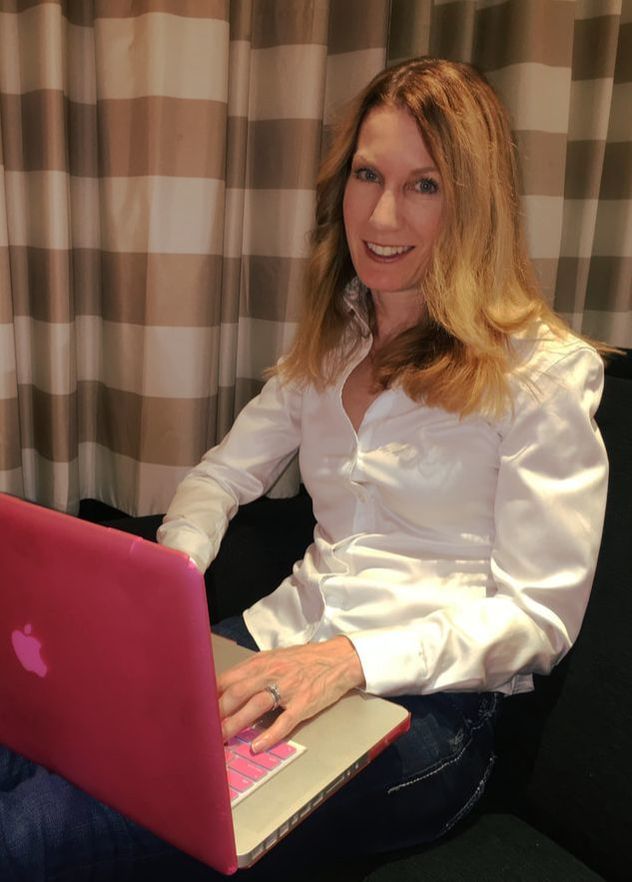|
I am a strong proponent of time-oriented goals for my writing. If you are like me, you are writing when you have time, and there isn’t a boss looking over your shoulder telling you that your next assignment is due by 5:00 pm on Friday.
However, if you want to actually finish a book, you may need to begin treating your writing as a job and set some deadlines. But the good thing is: you are your own boss, so you can make them flexible to work for you. If you are reading this blog, I assume you are not earning a lot of money writing (if any). Therefore, you have many other obligations. Making money at a paying job may be just one of the possible activities you must do. Maybe you have young children who need to be diapered and fed, or older children that need to be chauffeured everywhere when not needing help with their homework. And lets not forget the house, our spouse and pets. And that is just the items that make the daily “to do” list. You also need time for exercise, eating, relaxation, and sleep. What I’m saying is there will always be items competing for your time, and if your writing is at the bottom of your list, it will never happen. Assuming you do not have any true writing deadlines, but you just want to ensure you continue to plug away at your book, I suggest this approach. First determine how many hours you have each week to dedicate to writing. (It’s okay if you only have a couple.) You need to know your available time to create realistic goals, so you don’t set yourself up for failure. Second, you need to set up writing goals that can be achieved during your available hours. Let’s assume you are writing a first draft. You probably have some idea of how many words you can write in an hour. Now, you can determine how many words you can write in a week or a month (give yourself a little cushion). You should also have some vague idea of how many words your book will be. There are many websites out there that will give you a range of the ideal word count range for your genre if you don’t have any idea. Remember, at this point, I am talking general. Then it’s simple math to create a work plan. For example, in my case, I determined within a couple of weeks of beginning my novel that I was able to write approximately 20,000 words a month. Using this calculation, I knew that if I kept at that pace I would reach around 100,000 words in about six months. (I set lower goals for the month of December and during a month when I had a planned vacation.) I wasn’t sure how long my book would be, so knew it might take a little shorter or longer than my allotted time. Then it’s time to hold yourself accountable. For me, I wrote my daily word count on a calendar. There were months when I fell behind my goal. (In December my word count was zero.) But not meeting my goal inspired me to make that up in January. Depending yon your personality, you may need to give yourself rewards for meeting your goals, e.g. TV time or a trip to Starbucks or something pricier if you have the money. You may also need to enlist the help of a friend who can check in with you regularly to make sure you are meeting your goals. Once I finished my first draft in May, it was time to set new goals. I knew I would have less time during the summer because my kids were at home. Plus, I had a more difficult time knowing how long the editing process would take, so I just set a goal for the entire summer: create a couple of new drafts and read several books and websites to educate myself on writing. I also was able to give my draft to some beta readers to review. As the school year approached, I planned to dedicate more time to writing again with the goal to finish editing by the end of the year. I wanted to begin looking for an agent in January, (my own self-imposed deadline). While continuing to edit my book during the fall I also began to create other writing-related goals for myself that were not actually writing. Items like launch a website, research agents, sign up for a writing classes, and read more books in my genre made my list. Each Sunday I plan my week and make sure to add a few of these activities to my list along with all of my family and household commitments. The exact process I use may not work for you. However, I encourage you to set time-oriented writing goals and hold yourself accountable, so you can continue to move forward and eventually finish your novel. But be flexible and don’t be too hard on yourself. Although I suggest you treat your writing as a job, you need it to remain fun. If it stops being enjoyable, you will never finish. Thank you for reading this post. I hope you found it helpful.
0 Comments
Leave a Reply. |
My BlogThis is a place where I post events, my latest news, and the occasional book review.
|
|
Join the Mailing List to
receive my latest Book News. (Emails will be infrequent.) |

 RSS Feed
RSS Feed
